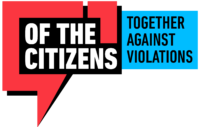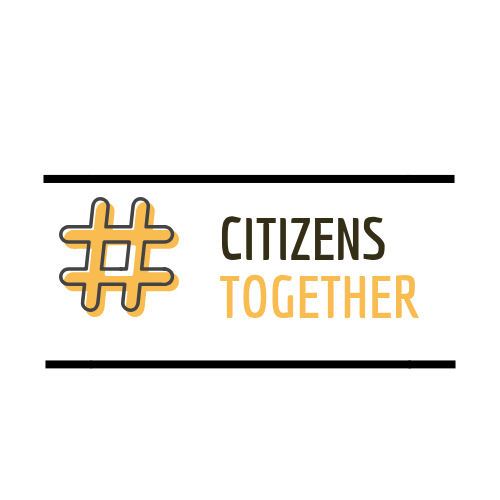In June 2018, in an article titled Urban Maoist, Anand Teltumbde wrote that the “draconian Unlawful Activities (Prevention) Act (UAPA) gives the police unaccountable authority to arrest, slap any number of charges, and ensure that the arrested rot in jail as the law meanders through the courts”.
Unlawful Activities (Prevention) Act is a modified version of British India’s Rowlatt Act. Britishers passed this act in 1919 to break the spirit of the people demanding freedom and taking part in the freedom movements. The act gave unquestionable powers to the British officers to detain any civilians and put them into prison.
The Britishers could arrest on simplest doubt and without even letting the accused know about the reasons and charges under which they have been detained.
Similarly, India’s draconian ‘Unlawful Activities Prevention Act (UAPA) is a piece of security legislation that allows the government to arrest citizens for crimes they might commit in the future. UAPA facilitates the government’s bypassing of various constitutionally guaranteed civil liberties and fundamental rights and freedoms that protect citizens from abuses of state power.
Khurram Parvez, a prominent Kashmiri human rights activist, Khurram Parvez, was arrested by Indian security forces on Monday and charged under UAPA
Parvez is a leading member of the Jammu Kashmir Coalition of Civil Society, a group that has frequently published reports on human rights abuses in the region, including disappearances, torture and mass graves. Kashmir, disputed between India and Pakistan, remains one of the world’s most heavily militarized areas, with hundreds of thousands of troops on the Indian side of the valley alone.
In 2016, Parvez was prevented from boarding a flight to Geneva to attend the Human Rights Council and arrested days later. He was released after 76 days; a judge called the arrest illegal and arbitrary, reports, the New York Times
44 years old Khurram got arrested by the NIA after raids on both of his residence and office. His family said, amid growing concerns that the Indian authorities are abusing the law to quash dissent.
Khurram Parvez’s brother, Sheikh Shahriyar, said the authorities carried out a four-hour search of their home on Monday and took Parvez away for what they said would be routine questioning. But the family was later told that Parvez had been arrested and would be transferred to New Delhi.
The NIA has accused him of terror funding.
The arrest was widely condemned, including by rights groups and a rapporteur for the United Nations, who have called for Parvez’s release.
Mary Lawlor, the U.N. special rapporteur on human rights defenders, said she was disturbed by the reports of the arrest.
“I’m hearing disturbing reports that Khurram Parvez was arrested today in Kashmir & is at risk of being charged by authorities in India with terrorism-related crimes. He’s not a terrorist, he’s a Human Rights Defender” she wrote on Twitter. Amnesty International also weighed in.
Khurram has been a vocal critic of the ruling Narendra Modi led Bharatiya Janata Party regime
I remember Umar Khalid’s speech at JNU in 2016 right after he was out on bail. He said, “one of the officials in jail took him aside and tried to scare him by saying if you do not stop all this then we will also charge you with UAPA.
Currently, he is detained under the charges of conspiring in the Delhi pogrom. The draconian UAPA is another state’s weapon to silence dissent.
In this regime, everyone is under the risk of getting charged with UAPA and sedition, whoever dares to speak for democracy and challenge the states.
Gautam Navlakha, Sudha Bhardwaj, Varavara Rao and many more are the victims of state vendetta. Father Stan too charged with UAPA and died as an undertrial
UAPA is a tool to harass and quash the voices of human rights defenders.
The draconian acts like UAPA, NSA and PSA all are state weapons which the government yields to crush rights activists. It’s high time to speak up and unilaterally oppose laws like UAPA.
Questioning or Opposing the government is not sedition neither terrorism



